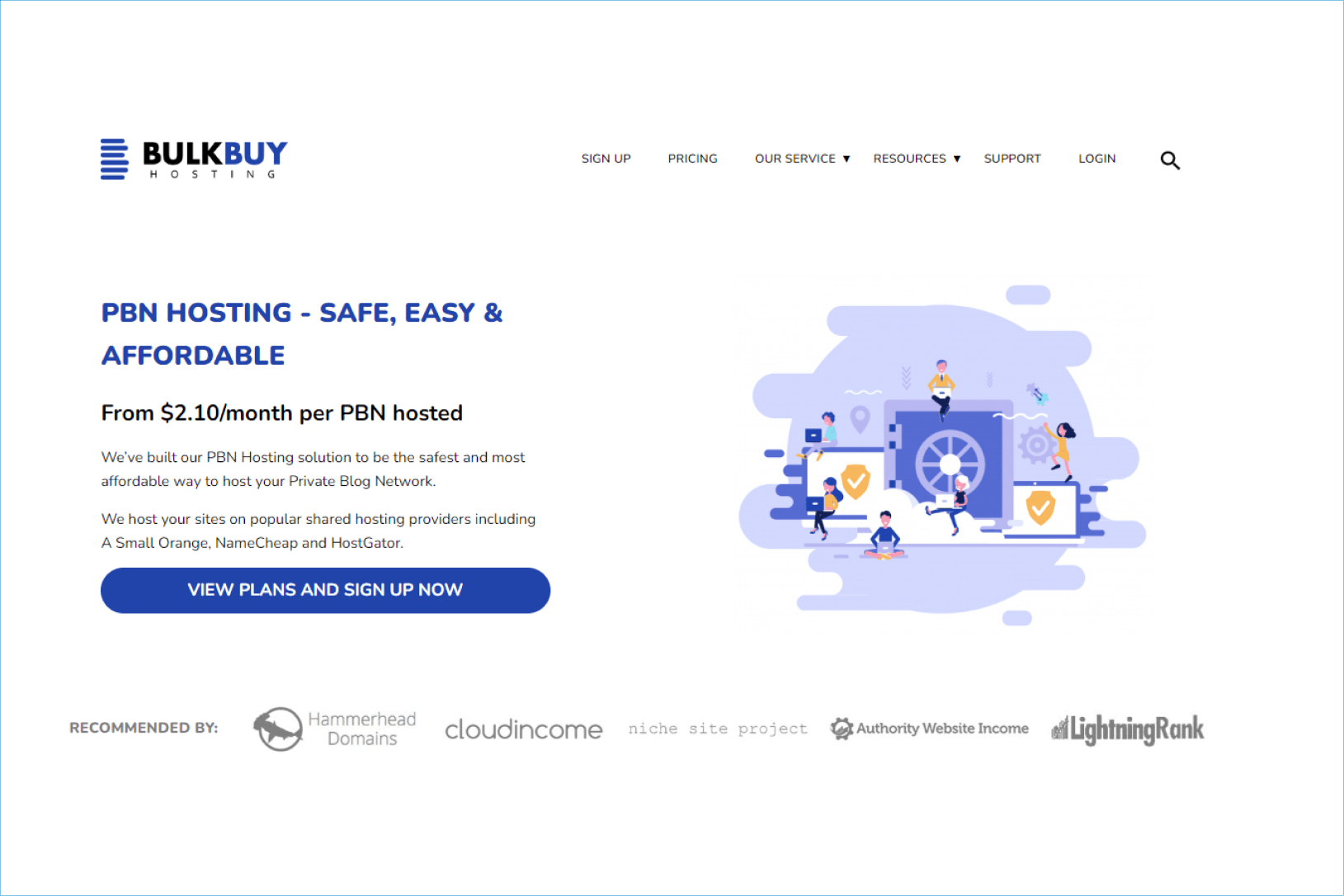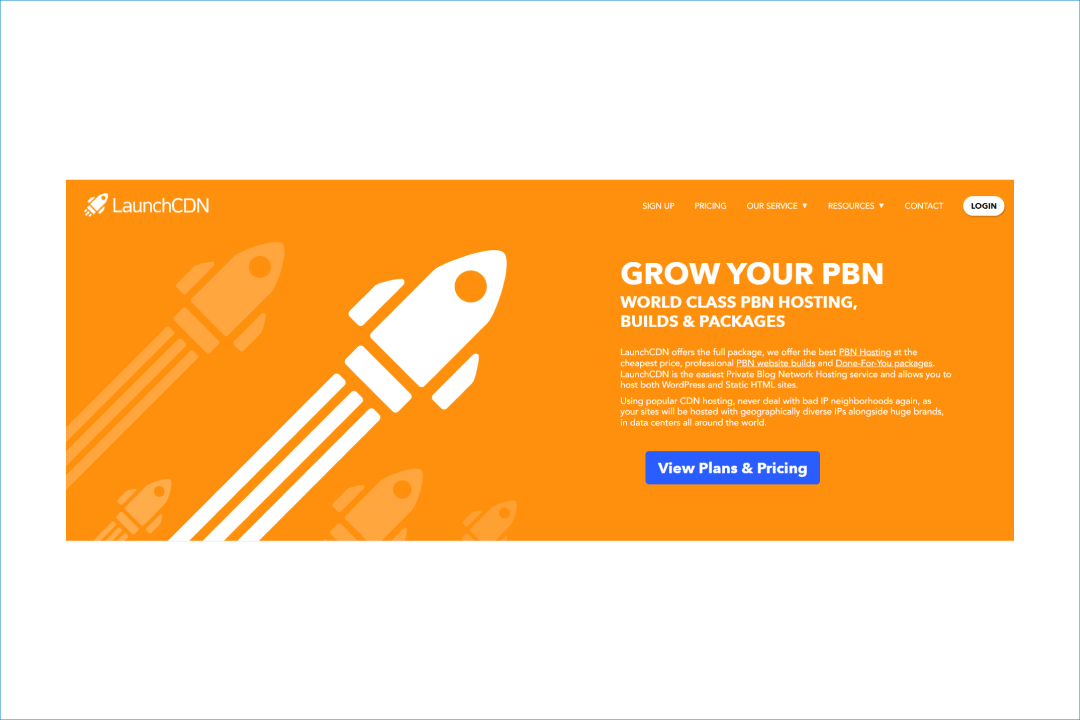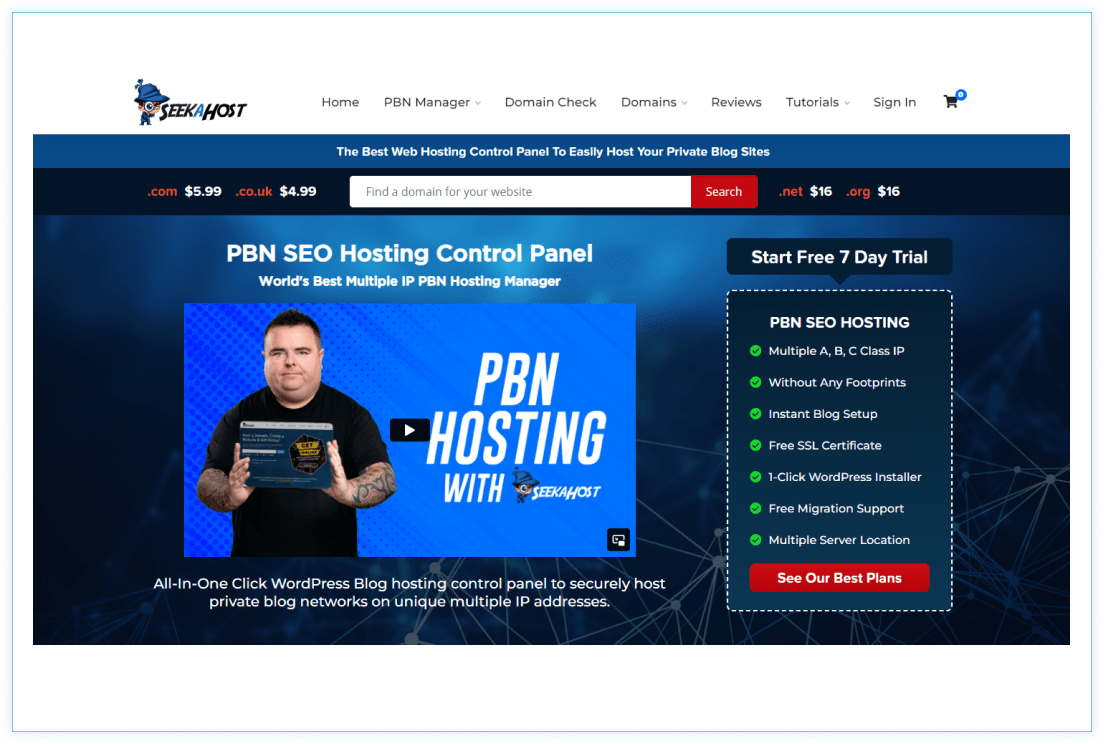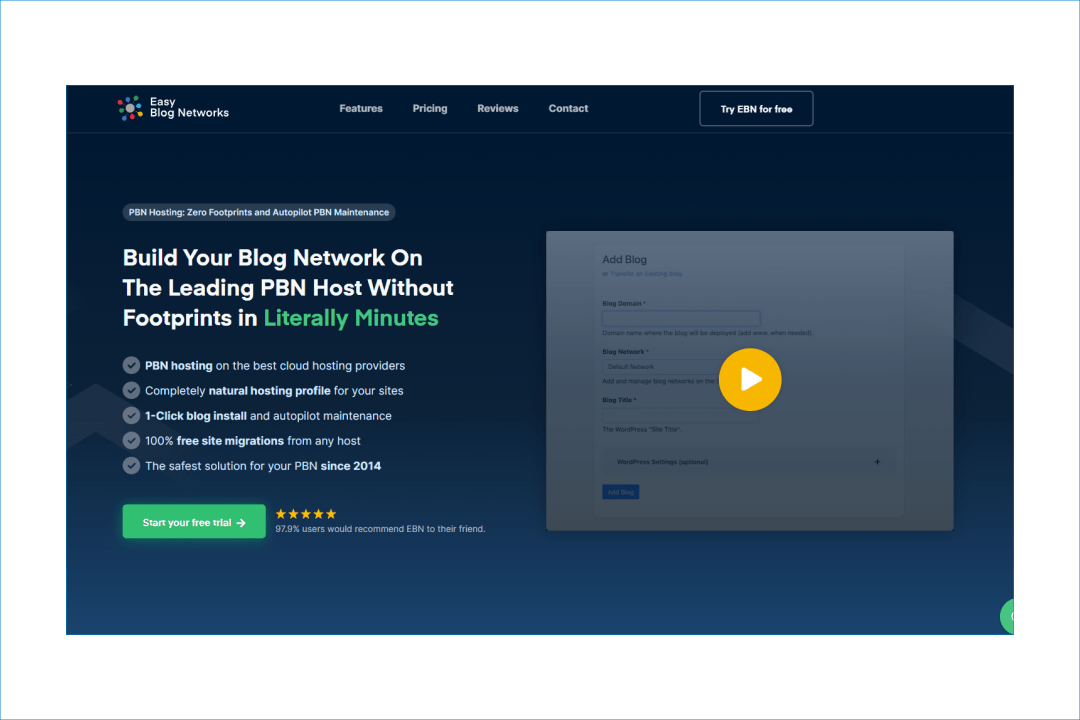
If you want your website to shine on Google and other search engines, you need to understand the power of backlinks.
When top-ranking pages pop up in search results, it’s often because they’ve got solid backlinks from trustworthy sites. The more quality links your site has, the better chance it has of showing up when people search.
Backlinks are like votes of confidence from other websites, telling Google your site is reliable and has great content – critical for getting a top spot in search results.
Realizing why it’s essential to get links to your website isn’t just useful; it’s a must for succeeding in search engine results.
This article answers a straightforward question: How Important Are Backlinks for SEO?
Let’s explore why links are key to your website’s success in search engines.
Key Takeaways
- Backlinks are a crucial trust signal for search engines and play a significant role in determining website authority.
- Pages with high-quality backlinks tend to rank higher in search engine results, leading to increased organic traffic and improved rankings.
- Not all backlinks are equal, and it is important to focus on generating high-quality backlinks from reputable and authoritative websites.
- Building a diverse backlink profile that aligns with Google’s guidelines is crucial to avoiding penalties and maintaining a positive online reputation.
How Does A Backlink Work?
To understand how a backlink works, let’s start by defining it: a backlink is essentially a URL link from one webpage to another. When a webpage links to another page, it’s signaling that the linked page is a valuable resource.
Google and other search engines use backlinks to discover new web pages. When you receive a backlink from a high-authority site, search engines view it as a thumbs-up, a sign of trust. This favor improves your site’s visibility and boosts its authority, helping you climb the search engine rankings.
Plus, backlinks also drive referral traffic. When a user clicks on a backlink, they’re redirected to your site. So, it’s not just about SEO; it’s about expanding your audience, too.
How Does Google’s Algorithms Read Backlinks?
When it comes to understanding how Google’s algorithms read backlinks, it’s crucial to know that they use web crawling bots, also known as spiders, to discover new pages and evaluate the quality of linked content. These bots follow the links on web pages, creating an interconnected web of virtual pathways.
As they crawl, they index the information on the pages and the backlinks they contain. They’ll assess where the backlinks come from and where they point to, considering the relevance and quality of both sites. If a link is from a trusted, authoritative site, it’ll score higher in their evaluation. The anchor text used in the link also matters as it helps Google understand the context of the link.
But remember, not all backlinks are equal in Google’s eyes. They’ve gotten smart to manipulative tactics, like link farms or bought links, and penalize sites using these methods.
So, focus on earning high-quality, organic backlinks from relevant and authoritative domains. Your SEO strategy isn’t just about quantity; it’s about quality, too. Read our article about how many backlinks you need to rank here: https://quirk.biz/how-many-backlinks-for-website-ranking/
SEO Advantages of Backlinks
As we already mentioned, backlinks bring a huge amount of SEO advantages. Here are the main ones:
- Relevance: Backlinks from websites that are closely related to your niche are more valuable than those from unrelated sites.
- Authority: One backlink from a high-authority website carries more weight than multiple from a lesser-known site. When authoritative and trusted sites link to your content, it enhances your website’s credibility and authority in the eyes of both search engines and users.
- Credibility and Trust: If the links come from big and well-respected sites that Google recognizes, it boosts trust in your site. It would have a similar impact if you get a link from a site to which another large and authoritative site links. However, this isn’t possible in all cases.
For instance, if The Verge (a highly authoritative site) links to you, it may not significantly improve the ranking of a specific keyword (anchor) you’re targeting since it also links to 40,000 other domains. However, it can indirectly influence the overall ranking of your entire site by increasing its credibility.
- Link power/link juice: Backlinks that bring link power are from URLs with a significant number of incoming links and minimal outgoing. Such links may directly impact the ranking for a specific keyword.
- Diversity: Having a diverse set of backlinks from various sources and types (e.g., editorial links, guest posts, social media, etc.) is seen as a sign of a natural link profile and is favored by search engines.
What Types Of Backlinks Are Valuable?
It’s crucial to know that not all types of backlinks carry the same weight. Some might be powerful, game-changing assets, while others may do little to boost your rankings or could even harm your site.
Here are some of the most valuable backlink types:
- Guest Post Links: These types of backlinks are created by making and sharing content on another person’s website or blog. When you contribute a guest post, you typically have the opportunity to include a link back to your own website, either within the content or in the author bio.
These links are valuable as they offer readers a way to explore more about you and your work. Additionally, they signal to search engines that the website hosting your guest post approves of your site. It also helps to clarify the theme and focus of your site.
- Backlinks From Forums and Q&A Websites: These links typically align with your interests or industry, making them a suitable fit for your content.
Ensuring a variety of backlinks from different sources is generally beneficial for your website’s overall well-being. Choose reputable forums and Q&A sites, avoid excessive promotional or spammy practices, and keep in mind that although some of these links may not directly enhance your search engine power, they still have the potential to drive valuable traffic to your site.
- PBN backlinks: PBN (Private Blog Network) backlinks are links received from a network of privately owned websites, all controlled by the same owner and designed to link to a specific target website. The purpose of these networks is to artificially improve the authority of the target website, manipulating search engine rankings.
While PBNs offer an efficient method for getting homepage links and links from specific niches, markets, and languages, it’s essential to note that PBN backlinks are considered a black hat SEO tactic and are against Google’s guidelines.
- Niche Edit Links: Niche edit links involve adding a link to existing content within a specific niche. Unlike creating new content for link building, niche edits insert links into already published articles or blog posts.
While this method can be effective, it’s considered unnatural, and caution is advised. Maintaining quality and relevance is crucial, and manipulating existing content solely for adding links may be seen as a violation by search engines.
- Dofollow Links: Dofollow links are a specific type of hyperlink found in a website’s content, allowing search engines to follow the link and pass authority from the source page to the linked destination. These links are valuable in SEO, contributing to the target site’s search engine ranking.
- Nofollow Links: Nofollow links are hyperlinks with a “nofollow” attribute in the HTML code, signaling search engines to refrain from tracking the link or transferring authority to the linked page. While these links don’t directly impact the search engine ranking of the target page, they hold value for generating referral traffic and ensuring a balanced and natural link profile.
Check out our article Different Types of Backlinks for more useful information on the subject.
All naturally gained links (organic links) from trusted sites related to your industry, based on the value of your content rather than payment, are useful for your site’s performance.
Can You Rank in Google Without Backlinks?
The short answer is yes, but it’s not easy. Google’s algorithms consider multiple factors when ranking a webpage. Backlinks are one factor, but not the only one.
Content is king in the world of SEO. If your website provides high-quality, relevant, and unique content, it can rank well, even without backlinks. Most of all, Google values a website that offers value to its users.
Conclusion
In conclusion, focus on quality rather than quantity when it comes to backlinks. Prioritize high-quality links from reputable and relevant sources, avoiding the temptation of gathering numerous low-quality links. Diversify your sources across platforms like blogs, forums, news sites, and industry-related websites to build a robust link profile.
Relevance is key – ensure that your backlinks align with your industry or niche for maximum impact. The goal is to create a backlink profile that reflects your website’s credibility and authority while following ethical and sustainable practices. By sticking to these principles, you set the stage for long-term success in SEO.























